Montessori education has become one of the most respected and lasting approaches to early childhood learning. It values every child’s individuality, nurturing curiosity, independence and joy in discovery. Let’s find out with 4Life Education why Montessori is so special in early childhood education and how it builds a strong foundation for lifelong growth.
The core of Montessori philosophy
At the heart of Montessori education is respect for each child’s natural pace of learning. Dr. Maria Montessori believed that every child is born with an inner drive to explore and understand the world. Instead of strict instruction, teachers gently guide children to learn through their interests, helping them develop confidence and independence from the start.
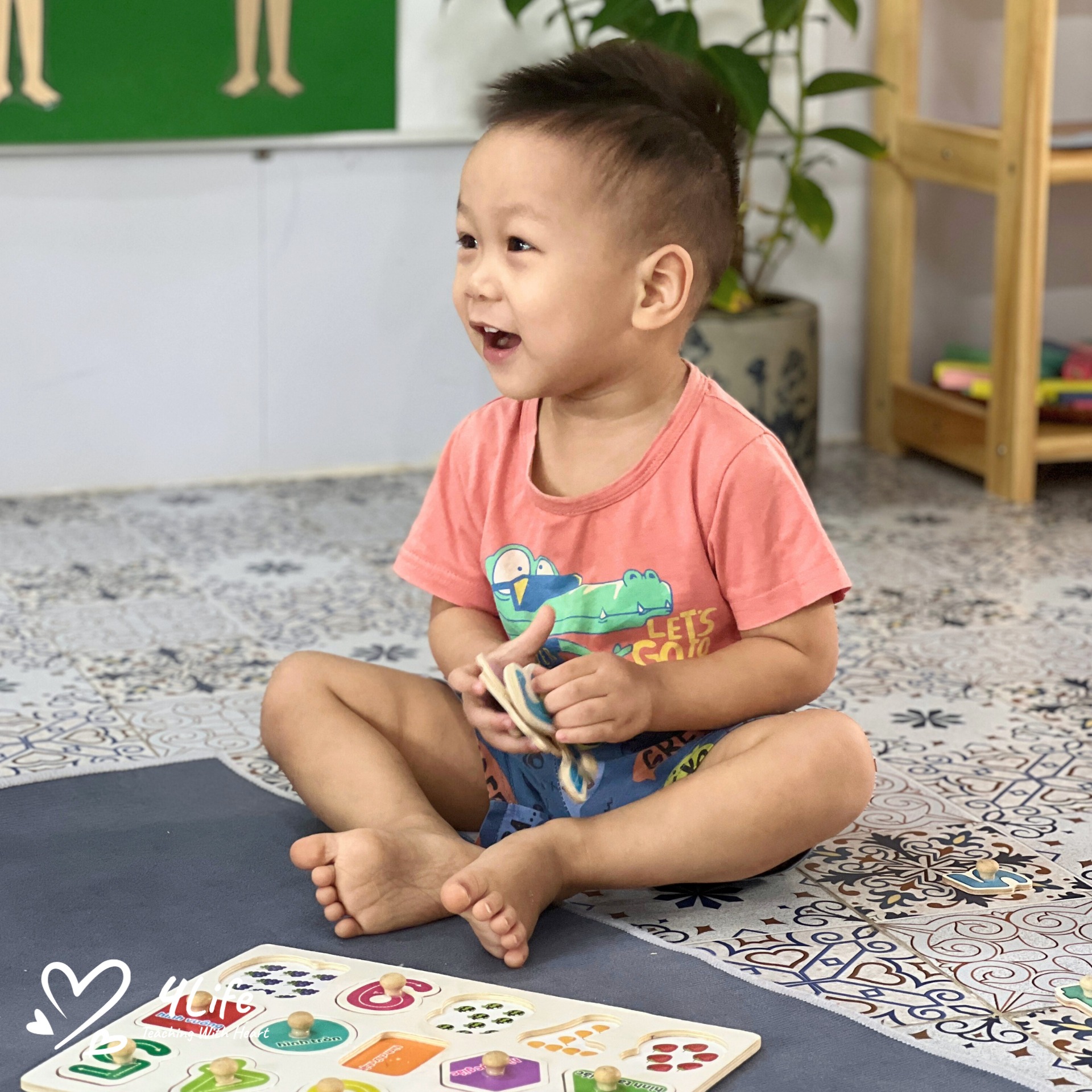
What Makes Montessori So Special in Early Childhood Education?
The prepared environment that inspires learning
Montessori classrooms are thoughtfully arranged to encourage independence. Everything – from the furniture to the learning materials – is designed for children to access easily. This “prepared environment” allows them to make choices, explore freely, and take responsibility for their space. Such autonomy teaches organization, care, and pride in their work – skills that will benefit them for life.
Learning through hands-on experience
One of the most special aspects of Montessori education is learning by doing. Children don’t just listen or memorize; they touch, move, and experience. Pouring water, sorting colors, counting beads, or tracing letters all help children grasp abstract ideas through concrete actions. These hands-on activities make learning engaging and meaningful, strengthening both understanding and memory.
Independence as a pathway to confidence
Montessori education encourages children to do things for themselves. Whether dressing independently, cleaning up after play, or choosing what to work on, children gain a sense of control over their actions. This independence helps build problem-solving skills, patience, and self-esteem. When children realize they are capable, they become confident learners ready to take on new challenges.
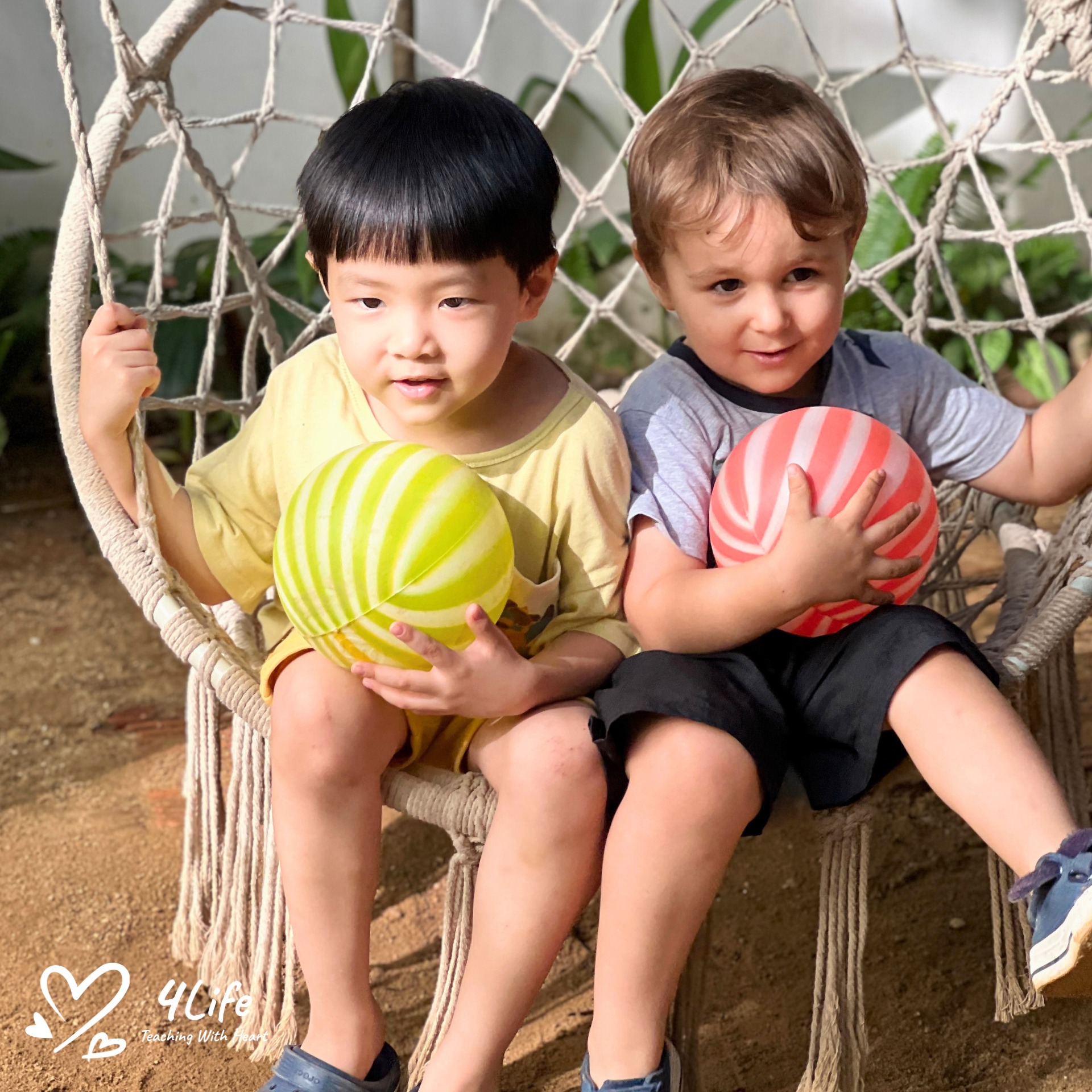
Independence as a pathway to confidence
Teachers as guides, not instructors
In a Montessori classroom, teachers are observers and guides rather than lecturers. They introduce materials, observe progress, and step back to let learning unfold naturally. This gentle guidance helps children develop curiosity and self-motivation. Instead of learning for external rewards, they learn for the joy of discovery – a quality that stays with them throughout life.
A community of cooperation and respect
Montessori classrooms often include mixed-age groups, creating a small community where younger children learn from older ones and older children practice leadership. This natural collaboration teaches empathy, patience, and respect for others. Each child feels valued, fostering emotional intelligence alongside academic skills.
Balancing freedom and responsibility
Freedom is a key element in Montessori education, but it always comes with responsibility. Children are free to choose their activities, yet they must respect others and care for their environment. This balance helps them develop discipline and self-control without the need for punishment. They learn that true freedom means understanding boundaries and respecting shared spaces.
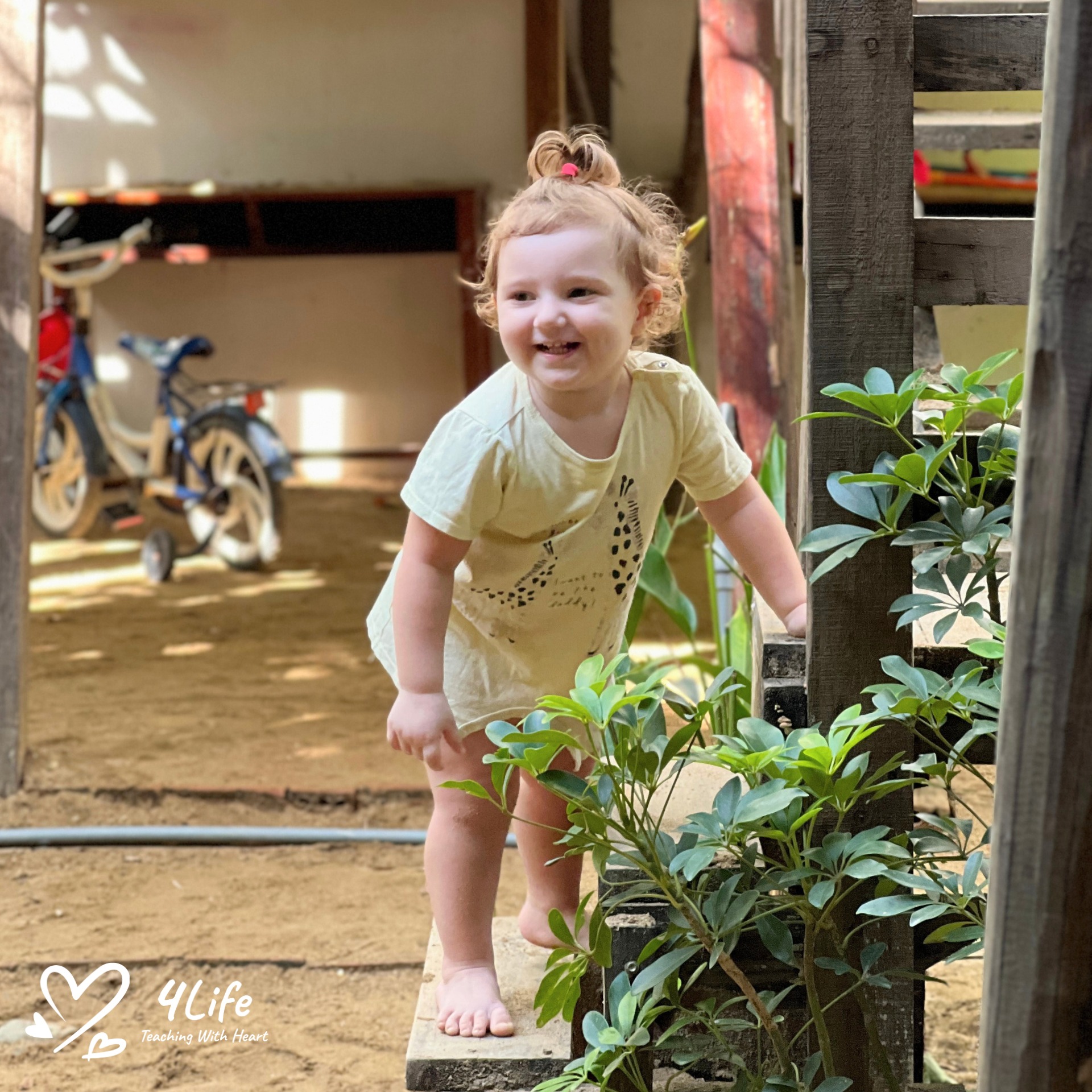
Balancing freedom and responsibility
Supporting the whole child
Montessori education nurtures not only intellectual growth but also emotional, physical, and social development. Practical life activities refine coordination and focus; sensorial materials sharpen perception and attention. Emotional growth is supported through kindness, peaceful communication, and respect. This holistic approach ensures children develop in harmony – mind, body, and spirit.
Long-term impact on a child’s growth
The benefits of Montessori education extend far beyond the preschool years. Children educated in Montessori environments often show stronger concentration, better problem-solving skills, and a deep love for learning. More importantly, they grow into thoughtful, compassionate individuals who take initiative and adapt well to change. Montessori prepares children not only for academic success but for life.
What makes Montessori so special in early childhood education? is its belief that every child has limitless potential. Through independence, respect, and hands-on learning, Montessori builds confidence, curiosity, and kindness from the very beginning. It’s not just an educational method – it’s a foundation for lifelong growth and happiness, proving why Montessori continues to shine as one of the most meaningful approaches to early learning.

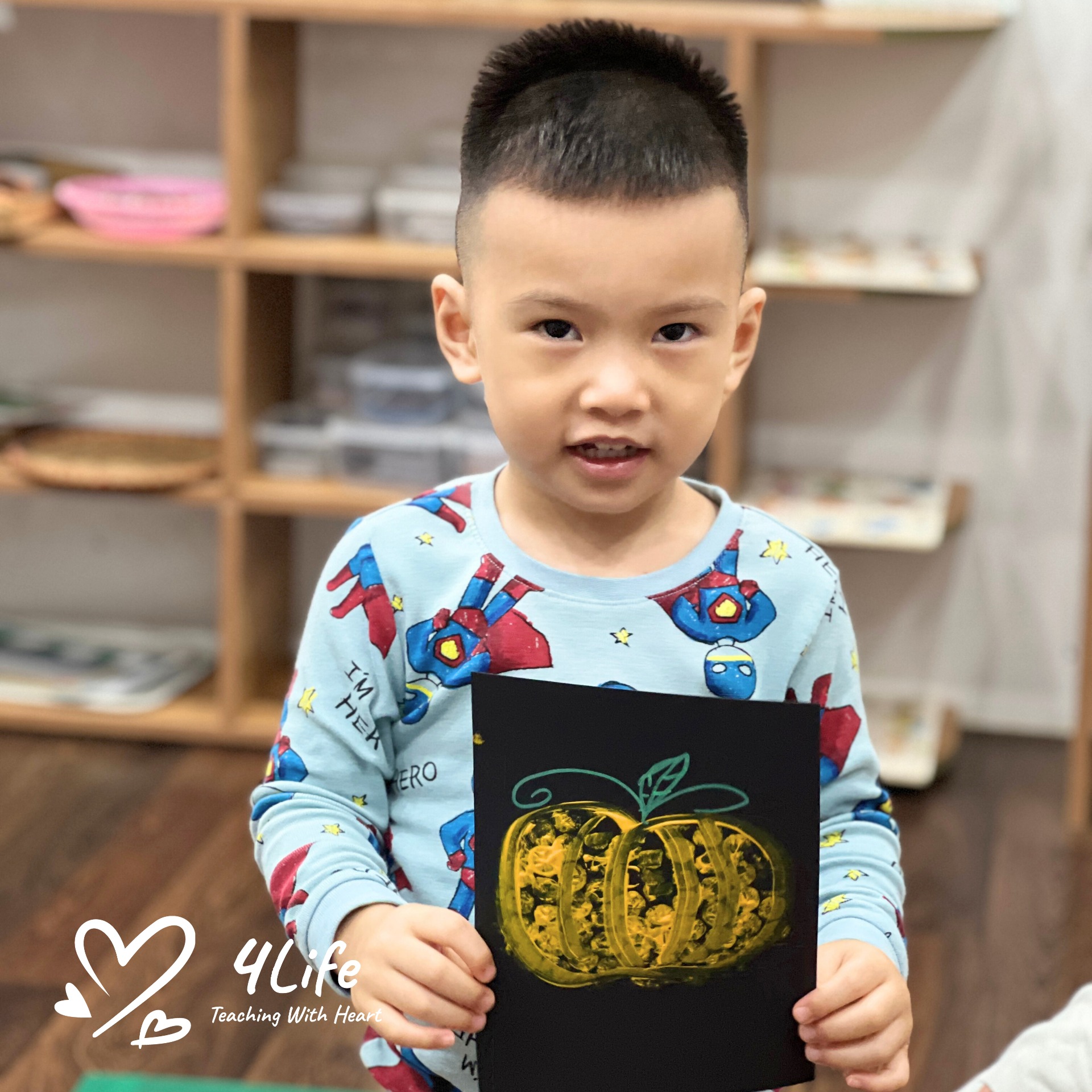
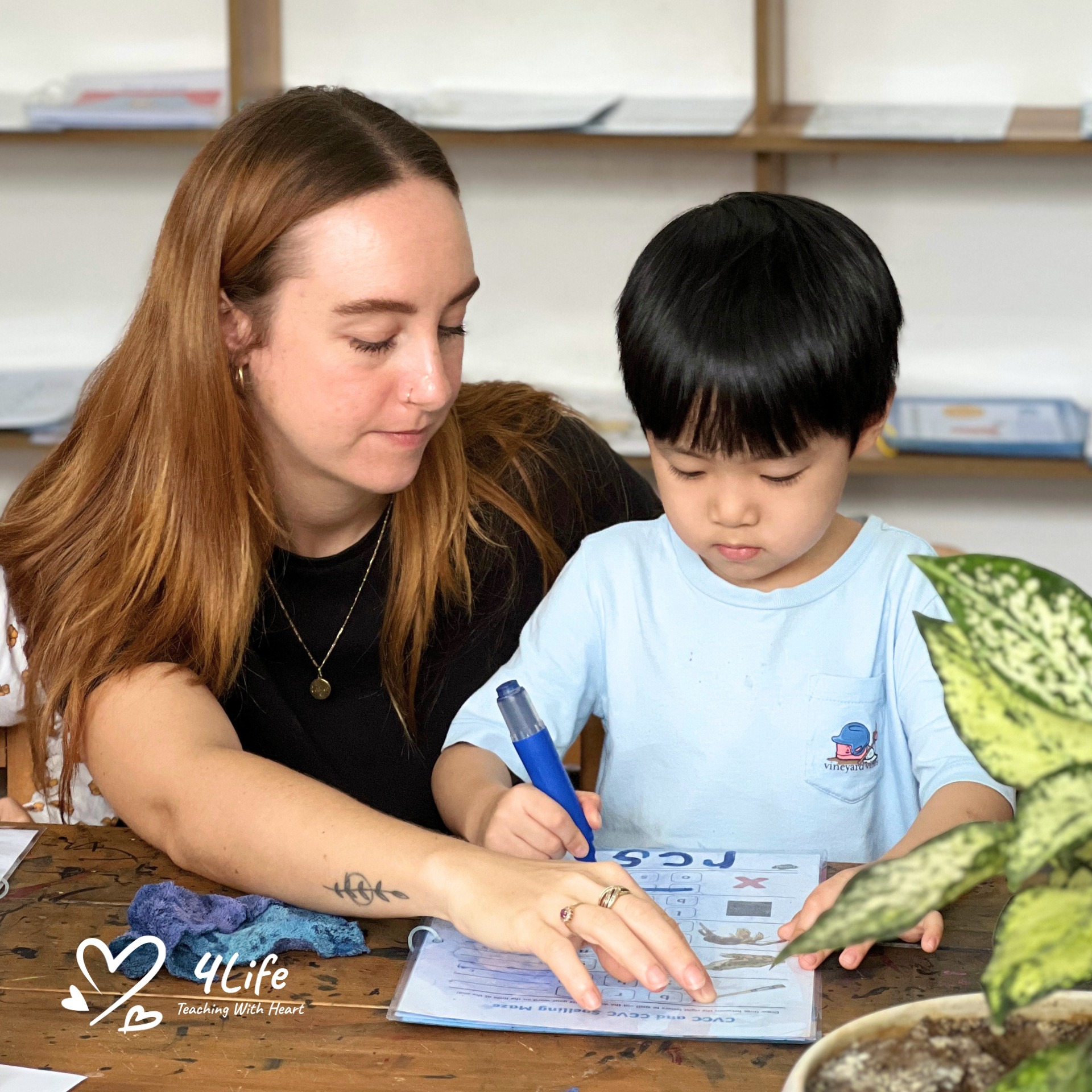
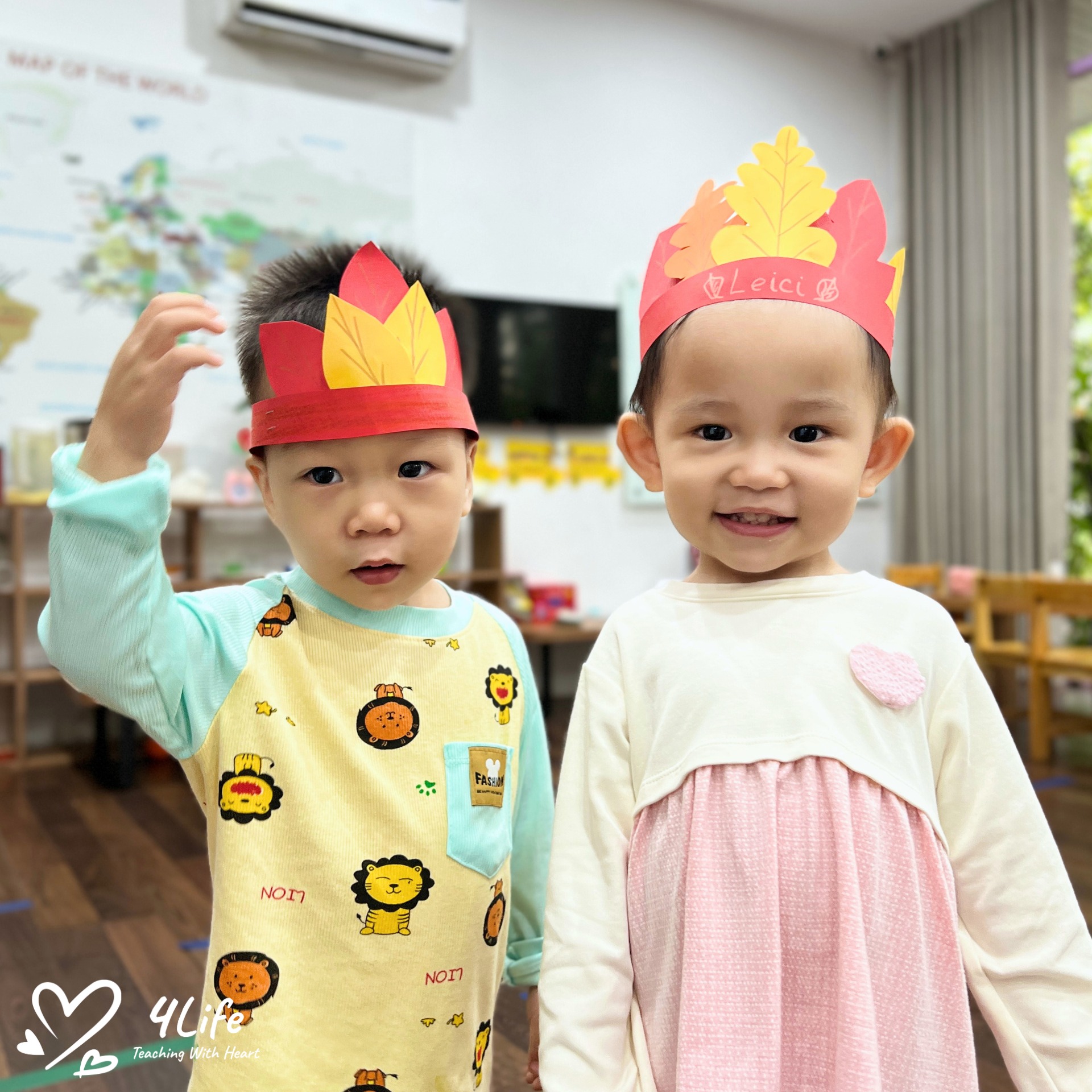
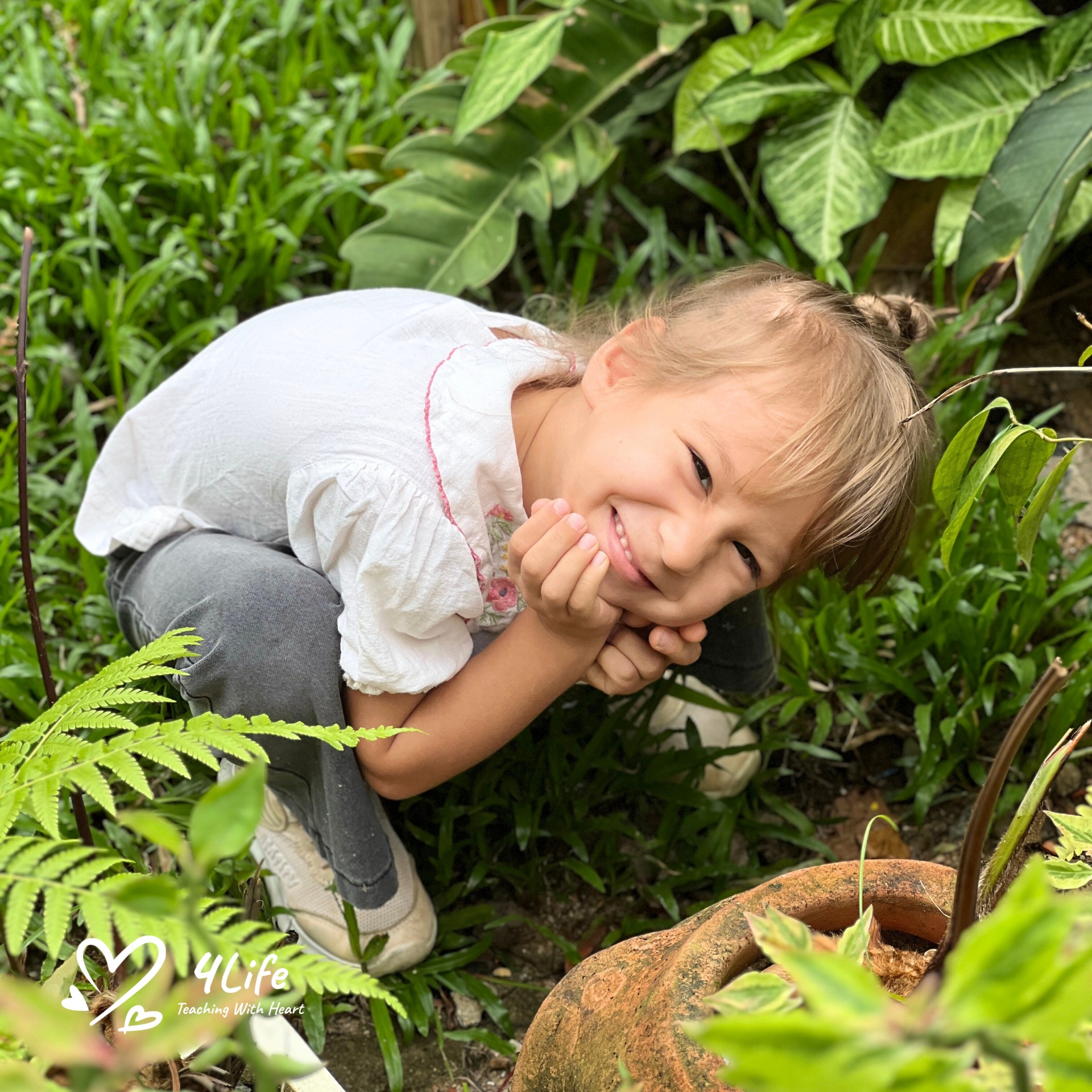
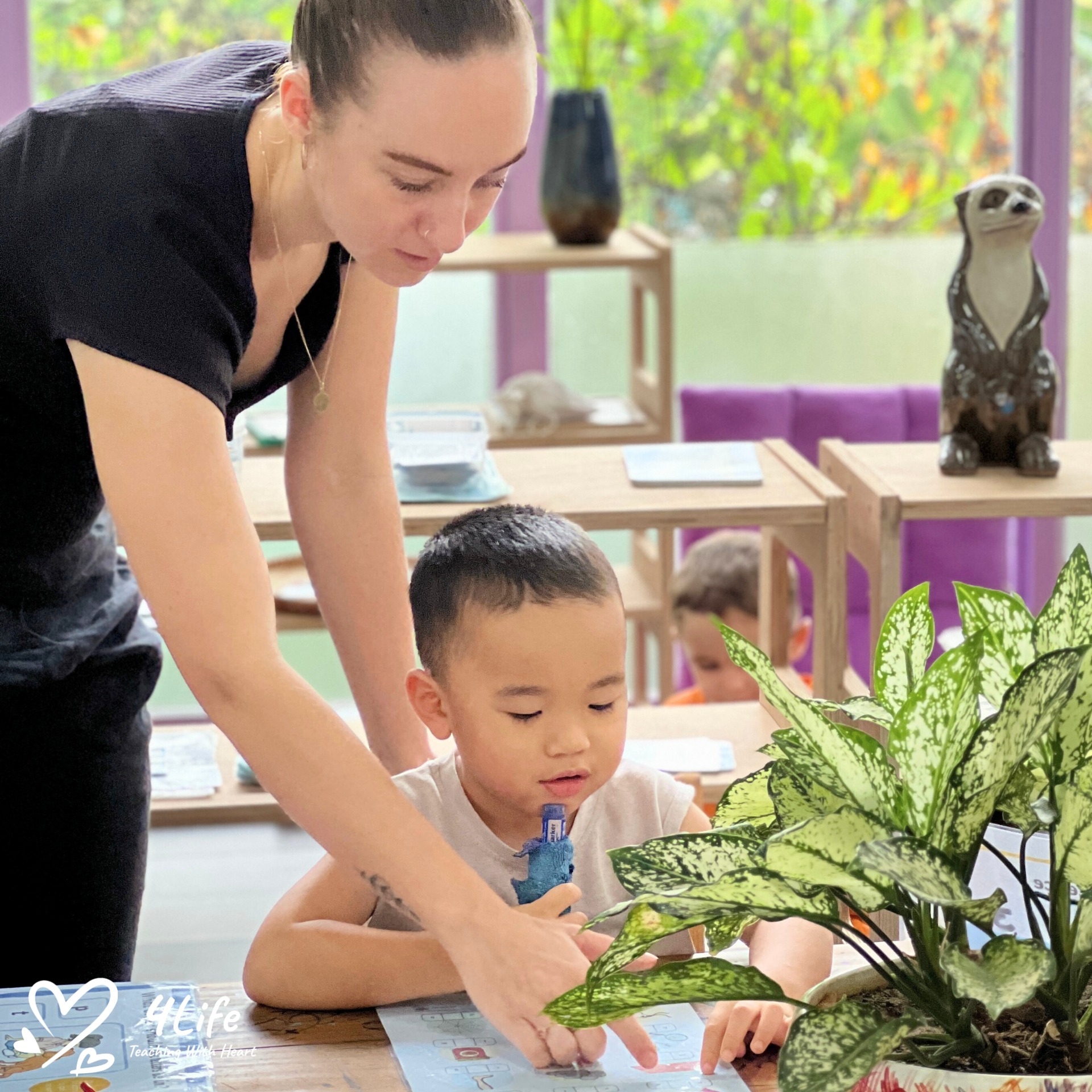
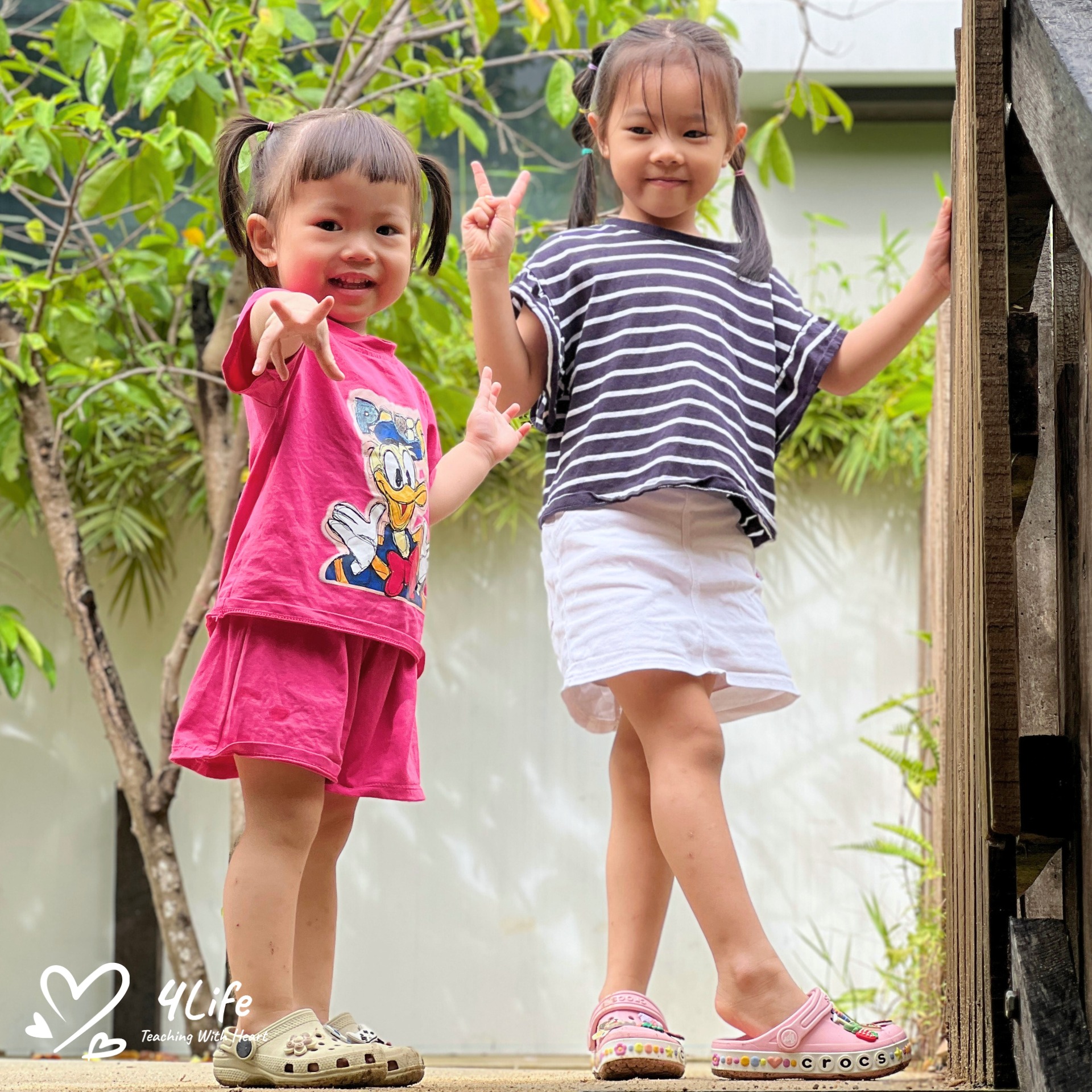
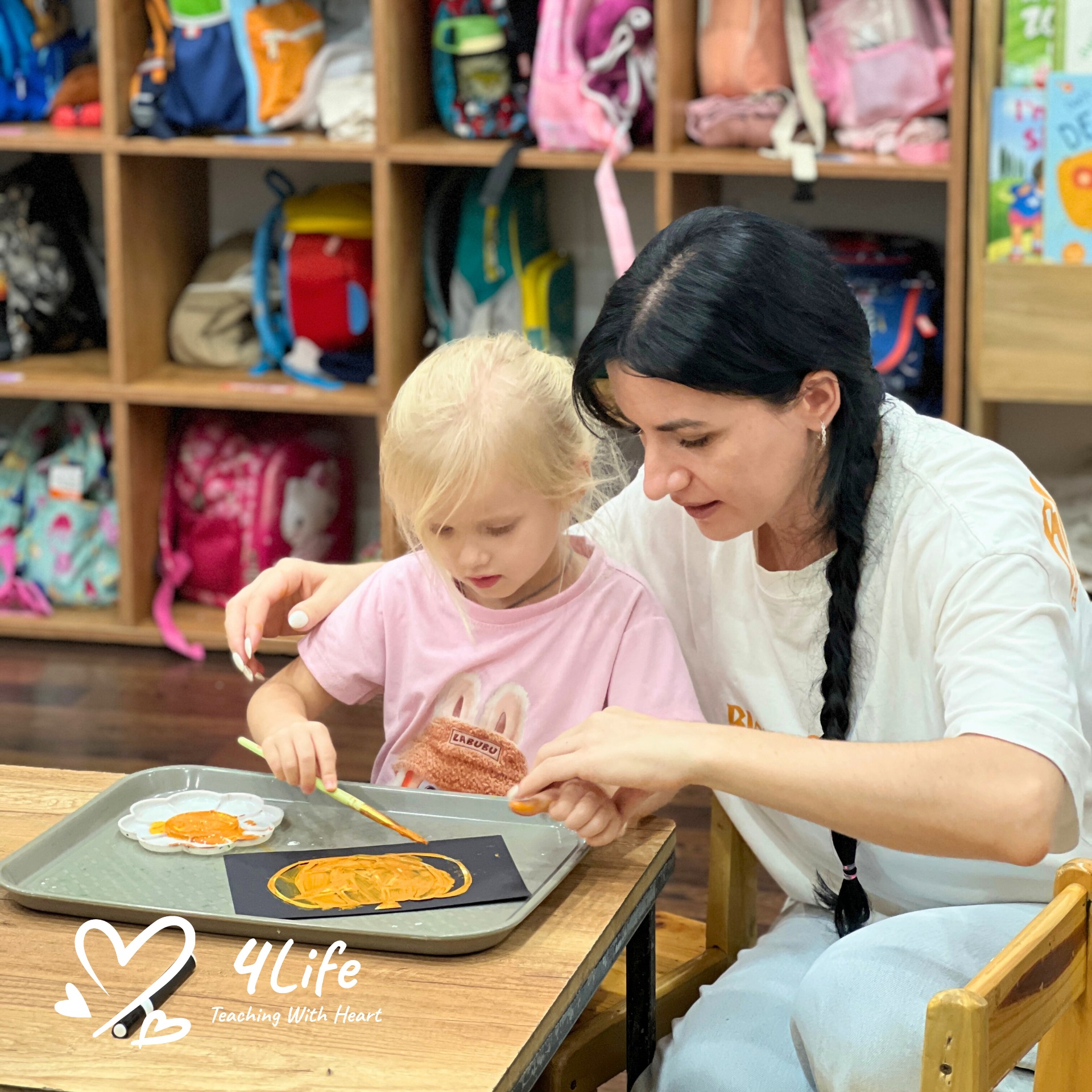
0 Comments